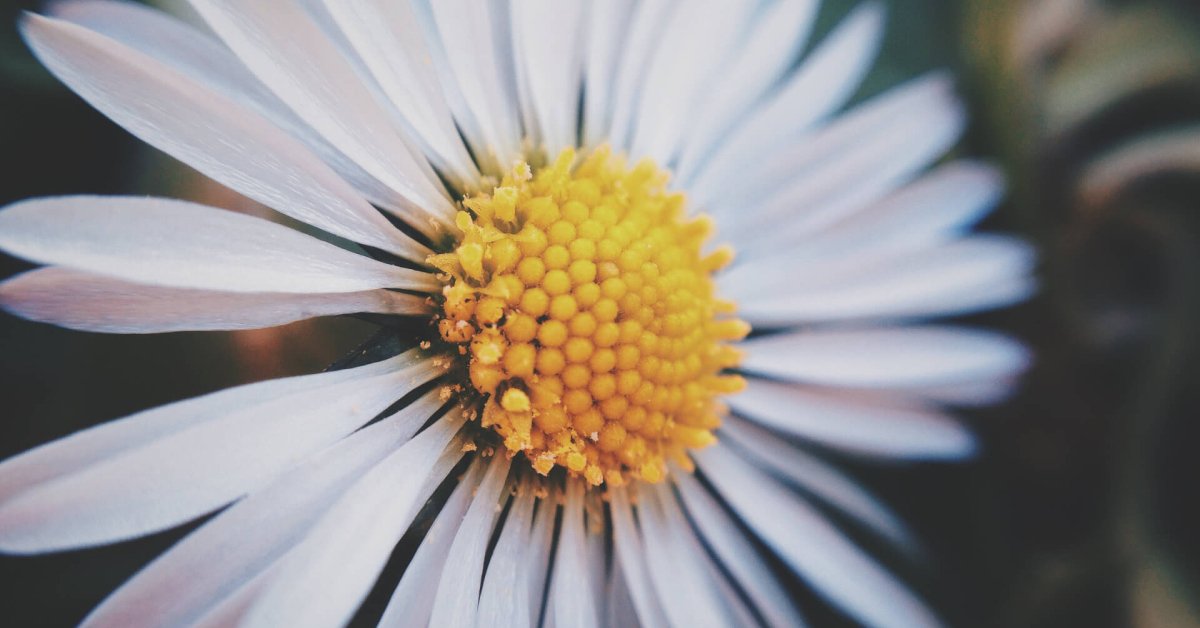When I first started baking vegan treats I quickly realized that having the right tools makes all the difference. Swapping out eggs and dairy is just part of the journey—using the right equipment helps every batch turn out just right.
I’ve discovered that some tools are absolute game-changers for vegan baking. Whether I’m whipping up fluffy cupcakes or chewy cookies these essentials help me get the perfect texture and flavor every time. If you’re ready to make your vegan baking easier and more fun you’re in the right place.
Why Choose Vegan Baking Tools
Choosing vegan baking tools ensures consistent cruelty-free results in every baking project. I always pick utensils, pans, and molds that don’t contain animal byproducts, like beeswax coatings or bone-based handles. Many mainstream brands use hidden animal-based glazes or adhesives, especially in specialty molds and brushes.
Switching to vegan-certified silicone spatulas, parchment paper, and stainless steel trays also helps avoid cross-contamination. I find these tools clean easily and don’t leave residue that could affect flavor or texture in vegan treats. Each time I bake cookies, cakes, or muffins, I rely on these dedicated tools to get pure, fresh-tasting results.
Investing in high-quality vegan baking sheets, silicone mats, and pastry brushes also supports sustainability. Most of my preferred brands use recycled materials or eco-friendly production for their vegan kitchen gear. This aligns with my values of plant-based living and environmental wellness.
Vegan baking tools help keep ingredients safe for everyone, especially those with allergies or dietary restrictions. Families often use separate baking gear for egg-free or dairy-free baking to reduce the risk of cross-contact, giving them peace of mind.
Using these specialized tools ensures the texture and appearance of vegan recipes match non-vegan versions. My cakes rise more evenly, and cookies brown without sticking, thanks to the right silicone liners and pans. This tool reliability keeps baking fun and frustration-free when experimenting with new vegan recipes at home.
Essential Vegan Baking Tools for Every Kitchen
Reliable vegan baking tools create consistency and help me deliver perfect results from my kitchen to my students’ homes. I’ve found these essentials key for anyone exploring vegan recipes, especially if you want treats with great taste and texture.
Measuring Cups and Spoons
Accurate measuring cups and spoons help me control flavor, texture, and rise in vegan recipes. Stainless steel sets, like those from OXO, avoid warping or absorbing flavors over time. Flat-edged spoons level ingredients like flax meal or arrowroot powder quickly, which helps maintain consistency in egg-free batters. I always keep separate sets for dry and liquid ingredients to prevent cross-contamination.
Mixing Bowls and Utensils
Durable mixing bowls and utensils keep vegan batters clean and smooth. Glass or stainless steel bowls, such as Pyrex or Stainless Mixing Bowl sets, resist stains from beetroot or turmeric and clean up well. Silicone spatulas and whisks don’t scratch surfaces or hold onto smells from coconut oil or aquafaba, so gluten-free and allergy-friendly recipes taste just right every time. I use bamboo or heat-resistant silicone spoons for hand-mixing to avoid microplastics.
High-Quality Bakeware
Non-stick, PFOA-free bakeware, like USA Pan or Wilton Naturals series, help baked goods slide out cleanly, even without butter. Aluminum or ceramic-coated pans distribute heat evenly so vegan brownies, quick breads, and cookies bake through without overbrowning. I choose pans marked “vegan” or “plant-based safe” whenever possible so all recipes remain allergen-friendly.
Silicone Baking Mats and Molds
Reusable silicone mats replace parchment paper and reduce waste while keeping cookies, granola, and pastries from sticking. Brands like Silpat ensure no butter or oil residue from previous cooking batches affects finished treats. Flexible silicone muffin and cake molds make removing oil-free vegan muffins simple and keep presentation sharp for any dessert I teach.
Specialized Tools for Vegan Baking Success
Vegan baking delivers flavor and texture without animal products, but I rely on some targeted tools to get consistent and mouth-watering results. Precision and versatility shape my approach, smoothing the path from recipe to finished treat.
Egg Replacers and Substitution Tools
I use egg replacer tools like whisks, sifters, small blending cups, and digital scales to recreate the structure eggs provide. For example, a micro-whisk or milk frother blends flaxseed or chia mixtures quickly, speeding up gelling. Digital scales ensure accuracy with powdered egg replacers or commercial brands like Ener-G or Bob’s Red Mill to match recipe ratios without trial and error. Sifters evenly distribute baking soda or cream of tartar—two other common vegan baking agents—for light, airy cakes and muffins. Small bowls keep ingredients separate, simplifying gluten-free blending with aquafaba, banana, applesauce, or silken tofu substitutions.
Food Processors and Blenders
Food processors and blenders add efficiency and smoothness to vegan batters, doughs, and fillings. I use high-powered blenders (such as Vitamix or Blendtec) to create silky sweet potato or bean purees for cakes, and mash nuts or dates for crusts. Compact food choppers break down seeds and dried fruit for energy bars or vegan cookies. Pulse settings combine wet and dry mixes without overworking gluten-free flours, and dough blades handle sticky vegan bread doughs easily. Multiple bowl sizes let me batch process small or large quantities for everything from cashew cheesecake fillings to oat-based breakfast cookies.
Tips for Selecting Sustainable and Ethical Tools
« Vegan Cake Decorating Ideas: Creative Ways to Use Fruits, Flowers, and Plant-Based Frostings
Best Vegan Jerky Brands: Top Plant-Based Snacks That Are Packed With Flavor and Protein »
Select sustainable and ethical vegan baking tools by checking for eco-friendly materials and cruelty-free certifications first. I prioritize tools made from recycled stainless steel, FSC-certified bamboo, and food-grade silicone, since these materials lower waste and skip animal-based components. Avoid handles or mold releases made from animal glues or bone ash, which sometimes hide in cheaper alternatives.
Trace manufacturer ethics by looking for transparent sourcing policies and factory certifications. I choose brands like Ecolution or GreenPan because they list their supply chain practices and avoid animal-derived substances or exploitative labor. Third-party certifications (like B Corp or Fair Trade) confirm authentic ethics claims.
Reduce waste by picking reusable and durable items, not single-use plastics or disposable liners. For example, I rely on silicone mats instead of parchment, and glass storage containers over plastic wrap to help lower my kitchen’s footprint.
Support low-impact packaging to make sure my choices align with my vegan values. I seek biodegradable or minimal packaging, and if compostable or zero-waste options exist, those top my list.
Ask questions to verify allergen-free environments if you’re baking for others. I check with brands to address cross-contamination risks, ensuring tools are made and packed in dedicated vegan or allergen-conscious factories.
Here’s a quick reference for identifying sustainable and ethical tool features:
| Feature | Example Options |
|---|---|
| Eco-friendly material | Recycled steel, FSC bamboo, food-grade silicone |
| Third-party certification | B Corp, Fair Trade, FSC |
| Packaging | Minimal, compostable, or recyclable |
| Durability | Long-lasting, reusable, easy-to-clean designs |
| Allergen safety | Certified vegan, non-shared factory environments |
Choosing these kinds of vegan baking tools raises the quality of home treats while sticking closely to ethical and sustainable values.
Caring for Your Vegan Baking Tools
- Cleaning Practices
I clean my vegan baking tools using unscented plant-based dish soaps and warm water after every baking session. Soft brushes or gentle sponges keep nonstick and silicone surfaces intact while lifting away residue from items like whisks, spatulas, and silicone mats. I avoid abrasive pads, ensuring tools made from recycled stainless steel, food-grade silicone, or FSC-certified bamboo stay scratch-free and hygienic.
- Drying and Storing
I always dry each vegan baking tool thoroughly before storing, since lingering moisture on silicone baking mats, metal whisks, or sifter screens might create an environment for bacteria or mold. I store metal and bamboo utensils in upright containers while laying silicone mats flat or rolling them loosely in a clean drawer.
- Material-Specific Maintenance
I maintain stainless steel bakeware by hand-washing and drying it immediately to keep rust and discoloration at bay. For bamboo spatulas and mixing spoons, I occasionally rub a small amount of coconut or mineral oil into the surface, preserving moisture-resistance and appearance. I inspect silicone molds for tiny tears or cracks, replacing them if I spot damage to maintain food safety.
- Cross-Contamination Prevention
I designate my vegan baking tools for plant-based baking only, storing them separately from other cookware. I mark tools or keep a dedicated baking box, especially for utensils or brushes previously used for glazes and pastry finishes, avoiding contamination from allergens or animal-based products.
- Longevity and Reusability
I extend the lifespan of my vegan baking tools by choosing brands that offer spare parts for mixing bowls, mats, or attachments when available. I periodically check each tool’s handle or joining for looseness, tightening screws or replacing parts instead of tossing the whole piece.
These habits help me keep my vegan baking tools ready for the next batch of healthy, delicious recipes and maintain clean, flavorful results every time.
Conclusion
Vegan baking has opened up a whole new world of creativity and flavor for me. With the right tools by my side I feel confident that every treat I bake will turn out just the way I want—delicious and cruelty-free. Choosing ethical and sustainable tools means every batch is a little kinder to the planet too.
If you’re ready to take your vegan baking to the next level investing in quality equipment is one of the best choices you can make. Happy baking!





